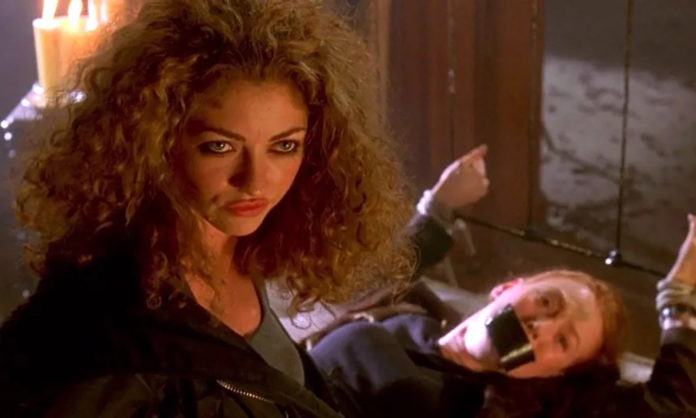In a post on Writers Write, Alex Coyne examines urban legends and how they are used in writing. “Urban legends are stories that are told from one person to another, and they’re usually untrue,” he explains. “While they aren’t true, these legends spark emotion (and the urge to repeat them).”
Urban legends are usually easy to spot. The subject of the story is unnamed or vague and the source is unknown or – at best – a friend of a friend of a friend. Thanks to the internet, the sources of viral stories are even harder to track. Worse, authentic news outlets are often fooled.
They are almost always scary and often rely on a cautionary tale. Don’t buy the creepy doll. Don’t park with your girlfriend in the woods. However, some can be funny. We’re looking at you, Rod Stewart.
And, since urban legends are essentially folklore, there’s nothing stopping you from using them in your fiction or even as the basis of a story. Coyne seems to think you shouldn’t “steal” the story of urban legends, but who owns The Hook? Who wrote the story of the guy who woke up in the bathtub missing a kidney? Has he even seen Urban Legend?
The truth is that you don’t want to use the exact story, because everyone’s heard it. Urban legends are also notoriously skimpy on details and require major suspension of disbelief. So, yes, do use urban legends as seasoning in your story or as the basis for something wildly imaginative of your own. (Obviously, you should never plagiarize someone else’s written version of an urban legend. We hope you didn’t need us to tell you that.)











